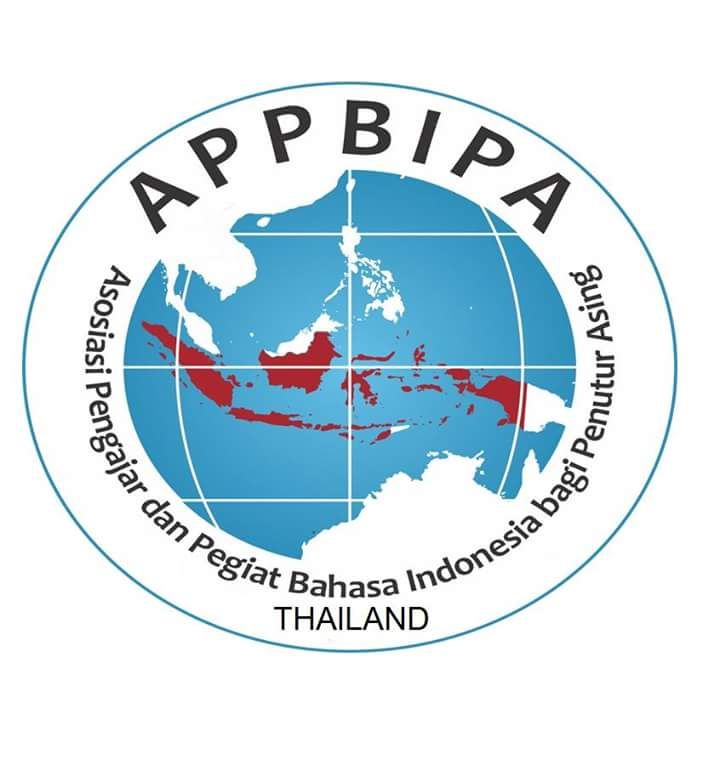Speaker
Description
This study reviews Bahasa Indonesia language course programs offered by various schools in Singapore, analyzing their syllabus, teaching methodologies, and learning objectives. Data was collected from the websites of six language schools, encompassing beginner to advanced levels. The analysis reveals a diverse range of course structures, durations, and pedagogical approaches, with some schools emphasizing conversational fluency while others prioritize grammatical accuracy. The findings showed two prevalent syllabus types emerged: conversational-based which prioritizing oral communication and fluency, and topical-based integrated grammar, balancing skill development with contextual grammar learning. The choice between these approaches hinge on program goals, learner proficiency, and teaching philosophy. The study highlights the importance of considering learner needs and desired outcomes when designing effective Bahasa Indonesia language courses in Singapore. Future research could explore the effectiveness of each approach and investigate learner perspectives.
